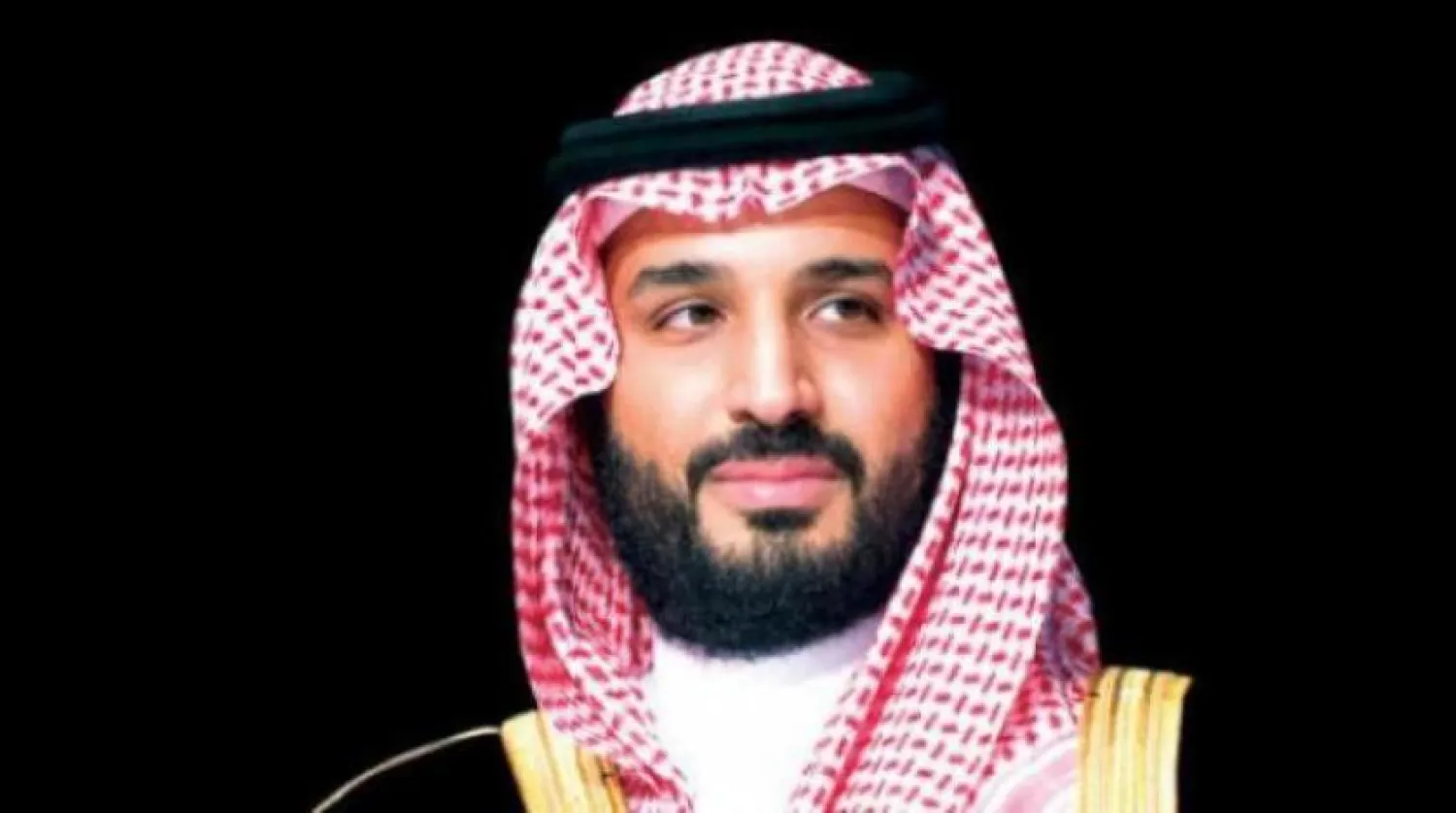In a move set to anchor Saudi Arabia’s position as a global logistics hub connecting three continents and to revamp the Kingdom’s transportation sector, Crown Prince Mohammad bin Salman unveiled on Tuesday the “National Strategy for Transport and Logistics.”
Apart from consolidating the Kingdom’s position as a logistics center for three of the world’s continents, the strategy looks to improve all transport services and enhance integration between logistics systems and modern modes of transport to support comprehensive development in Saudi Arabia.
It encompasses a host of vital projects that enable the achievement of economic and social goals and promotes effective governance models to enhance institutional work within the transportation sector.
This will be done in a manner consistent with the “Transport Ministry” rebranding to the “Ministry of Transport and Logistics Services.”
“The strategy will strengthen human and technical capabilities in the transport and logistics sector in the Kingdom,” affirmed the Crown Prince.
“It will enhance the connection with the global economy and enable our country to invest its geographical position in the middle of the three continents in diversifying our economy by establishing an advanced logistics services industry, building high-quality systems of services, and applying competitive business models to enhance productivity and sustainability in the logistics sector,” he explained.
“Transport and logistics are a major focus of the programs of the Kingdom’s Vision 2030 and a vital enabling factor for economic sectors towards sustainable development,” he added.
The Crown Prince pointed out that the strategy focuses on developing infrastructure, launching several platforms and logistic zones in the Kingdom, implementing advanced operating models and systems, and strengthening effective partnerships between the government and the private sector.
This direction is steered toward achieving four main goals: transforming Saudi Arabia into a logistics hub, enhancing livability across the Kingdom, enhancing fiscal sustainability, and improving public entities' performance.
The Crown Prince added that the strategy also aims to advance Saudi Arabia to place fifth globally in-transit passengers, increase international destinations to more than 250, and launch a new national air carrier.
These developments would enable other sectors such as Hajj, Umrah, and tourism to achieve their national goals.
Furthermore, the strategy will seek to raise the capabilities of the air cargo sector by doubling its capacity to reach more than 4.5 million tons.
“The strategy enables us to reach a capacity of more than 40 million containers annually including all associated investments in developing port infrastructure and enhancing its integration with the logistic areas in the Kingdom, as well as expanding its connectivity with international shipping lines, to integrate with rail and road networks, which contributes to improving the efficiency of the transport ecosystem and its economics,” said the Crown Prince concerning maritime transport.
He also clarified that railways provide services for both passengers and the freight transport sector through a network of 5,330 km of track, 450 km of which are in the Haramain high-speed railway between Makkah and Madinah, which is the most extensive high-speed transport project in the region.
The strategy will also upgrade the total length of future railways to an estimated 8,080 km, including the “Land Bridge” project, which spans over more than 1,300 km. It will have a capacity to transport over three million passengers and more than 50 million tons of freight annually, connecting the Kingdom’s ports on the coast of the Arabian Gulf with the ports of the Red Sea coasts.
Self-evidently, the plan and “Land Bridge” project unlock new and promising opportunities for the Kingdom’s rail line by having it pass through modern logistic centers, economic hubs, industrial cities, and mining activities.
The Crown Prince added that this would improve the Kingdom’s logistic performance index and rank Saudi Arabia among the top ten countries in the world in the field.
Moreover, the rail line will include an open market for operators and investors. The plan also encourages regional interconnection with Arab Gulf states by a railway line, positioning the Kingdom as an influential player in regional and international transport economies.
The Crown Prince stressed that the strategy is based on essential pillars such as the Kingdom’s major road networks, for which the Kingdom retains top global standing in terms of its connectivity.
Altogether, the Kingdom will be among the most internationally advanced countries in terms of road quality and safety, as the strategy includes many initiatives aimed at reducing the number of road traffic accidents, following the best global practices, as well as achieving efficient connectivity, and developing public transport services in Saudi cities.
The Kingdom is also looking to achieve sustainability goals, preserving the environment, reducing fuel consumption by 25%, and providing intelligent solutions that facilitate traveler mobility between cities and the transport of goods.
According to the Crown Prince, this will be implemented through adopting global cutting-edge and innovative technologies.
He pointed out that one of the strategy's main objectives is to increase the contribution of the transport and logistics sector to the national GDP.
While the contribution of this sector to the Kingdom’s GDP is currently about 6%, the strategy aims to raise it to 10%, making the transport and logistics sector a significant contributor to the national economy, enabling business growth, expanding investments, and increasing the sector’s annual non-oil revenues to reach about SAR45 billion in 2030.
“We are proud of the achievements made under the leadership of Custodian of the Two Holy Mosques King Salman and are planning to move forward in making many more for our country and to advance its leading position in the world by increasing efforts and achieving more successes supported by our highly ambitious people,” noted the Crown Prince.
“We are all confident in our ability to achieve national goals in line with the Kingdom’s Vision 2030,” he asserted.









